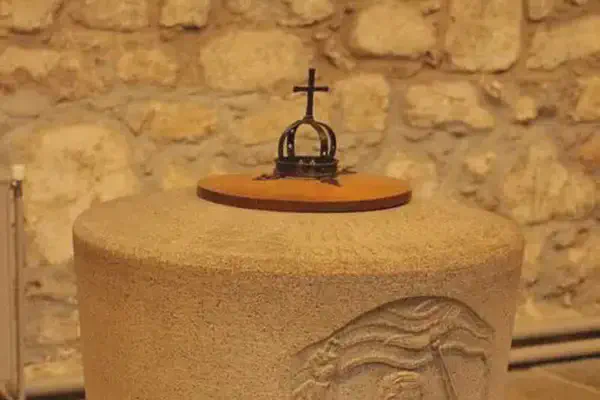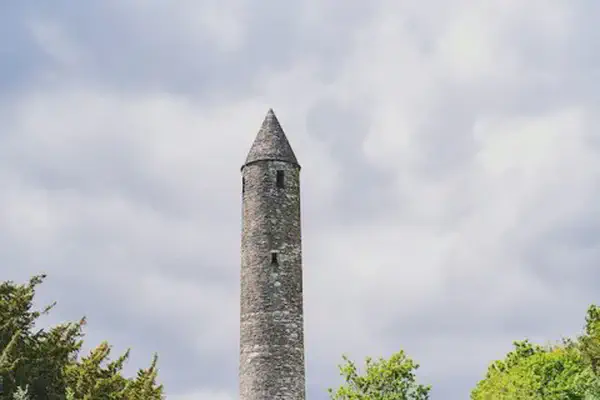On December 24, 1791 in Celtic History
Sir thomas wyse, politician and diplomat, is born in st john, co. waterford

Sir Thomas Wyse KCB (24 December 1791 – 16 April 1862), an Irish politician and diplomat, belonged to a family claiming descent from a Devon squire, Andrew Wyse, who is said to have crossed over to Ireland during the reign of Henry II and obtained lands near Waterford, of which city thirty-three members of the family are said to have been mayors or other municipal officers: one, John Wyse, was Chief Baron of the Irish Exchequer in the 1490s.
Birth
Sir Thomas Wyse was born on December 25, 1791, in St. John, County Waterford, Ireland.
Political Career
Wyse was active in Irish and British politics. He served as a Member of Parliament (MP) for various constituencies, including Tipperary and Waterford, during different periods of his political career.
Educational Reforms
One of Wyse’s notable contributions was in the field of education. He was a strong advocate for educational reform in Ireland. Wyse believed in the importance of a comprehensive and accessible education system.
Parliamentary Reports
Wyse played a significant role in producing parliamentary reports on education in Ireland. His efforts culminated in the “Wyse Report” of 1835, which recommended a national system of education for Ireland.
Diplomatic Career
In addition to his political and educational activities, Wyse had a diplomatic career. He served as a diplomat in various European countries, including Greece, where he was appointed as the British Minister Plenipotentiary.
Marriage to Laetitia Bonaparte
Sir Thomas Wyse married Laetitia Bonaparte, a niece of Napoleon Bonaparte, in 1821. The marriage was a connection to the Bonaparte family.
Literary Work
Wyse was also a writer and contributed to literature. One of his notable works is “Education Reform; or, The Necessity of a National System of Education” (1836).
Later Life
Sir Thomas Wyse spent his later years in diplomatic service and continued to be involved in various social and political causes. He died on April 16, 1862, in Paris, France.
Sir Thomas Wyse’s legacy is particularly associated with his efforts to improve the educational system in Ireland and his diplomatic service. His work on educational reform had a lasting impact on the development of education in Ireland during the 19th century.
Related Content

Shane Patrick Lysaght MacGowan, lead singer of the Pogues, died

St Machar Day, patron saint of Aberdeen

Oíche Shamhna - Cetlic New Year Eve (Halloween)

ALBAN ELFED (Welsh Bardic name for autumn equinox)

Feast day of St. James

John Davie Burgess, King of the Highland Pipers, died at age 71.